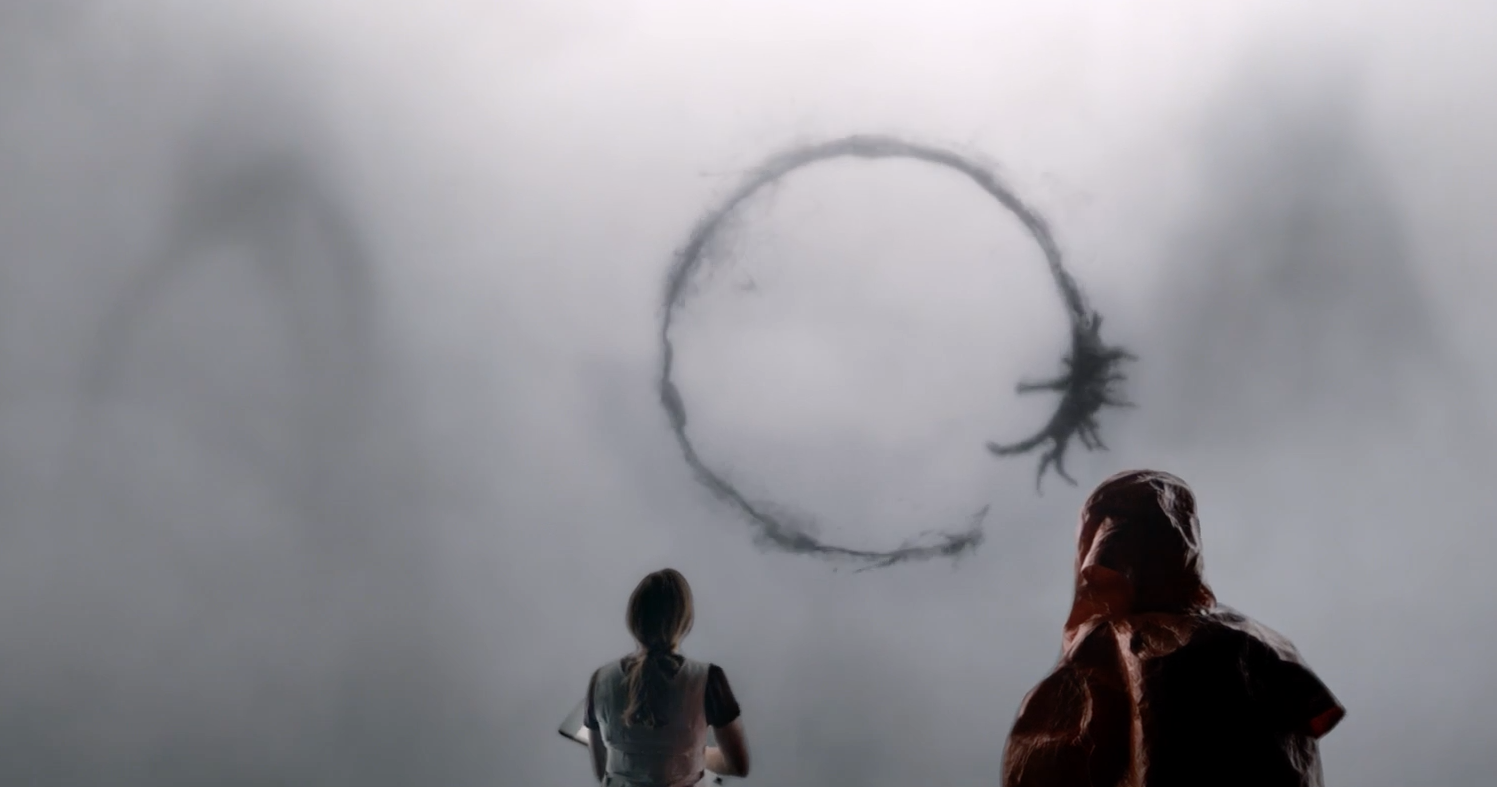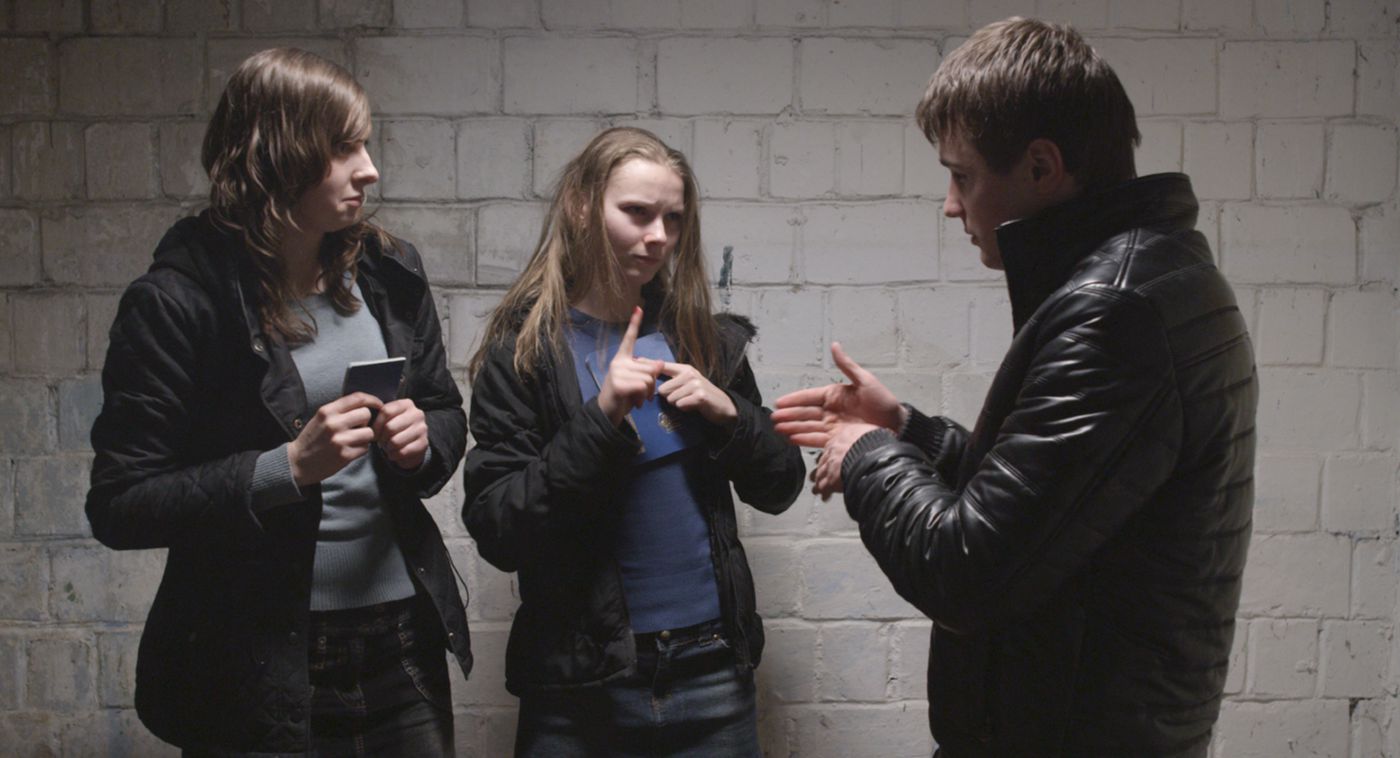Love is the answer
All you need is Love
What the world needs now is Love, sweet Love
Give me Love, give me Love, give me peace on earth
After Badlands, Terrance Malick has become less and less
interested in narrative. His plots are
not so much stories as outlines on which to hang prayers, quotes, silent
conversations and aphorisms. They are
not stories so much as meditations on themes found in stories, while the events
fade more and more into the background.
To watch a Malick film is not to wonder what will happen next, but to
learn about reality. For this reason,
there is a divide between watchers of his films—those who grow to hate them
because of their apathy about narrative and those who desire them because they
teach us how to live.
On the surface, Knight of Cups is about Christopher Bale, a
successful man in Hollywood, watching him grasp and fail at relationship after
relationship. Looks of love, lust,
anger, doubt and disdain pass over the faces of the characters, while their
silent questions and longings we hear over the meditative soundtrack.
In a sense, this is a gentle sermon on vice. How one should not live a life. Sermons on vice are the most difficult to
sell in this day and age. No one wants
to be told what not to do. They want to
know about possibilities, about freedom.
Malick asserts that true freedom can only be held in true love, but
there are many distractions in the world that keep us from truly understanding
love.
Love/Grace is the answer, what creates the world, what grows
the new into peace.
Why, when there are so many pursuing love that things get so
screwed up? Many who proclaim Love and
live Love are as depressed, as despondent, as desperate as anyone else. How can this be? If Love is the answer, shouldn’t it be the
answer for everyone?
The problem is that those looking for Love seek love
instead. The seeker of Love heads into
the world
People forget that they are looking for pure love, and get
distracted by the many things that look and feel similar to love, but isn’t. Lust, jealousy, control, wielding power,
promiscuity, fantasy, adultery—all of these look like love from a certain
viewpoint, but all fall short of what love is really about. It is about seeing, really seeing the person
in front of you and providing them with a human connection.
Just knowing that isn’t enough, however. We have to go through a certain path to achieve
Love. We must rid ourselves of
distractions, of the many voices and mini-dramas of our lives, and simply,
quietly, silently find Love within ourselves. This is the beginning of our life of Love.
Knight of Cups is a difficult film. It is difficult to see pieces of narrative
without a cohesive whole. It is
difficult to see visions, no matter how beautiful, without a real resolution,
without a real conclusion. This is a
film about the life of the soul, which is difficult to see, so Malick made it difficult
to watch. We are to feel, to
listen. For a film so busy with fleeting
images, chopped conversations and with quotes from Augustine, Pilgrim’s Progress
and more, it is difficult for it to lead us to its ultimate goal: get away from
all this and be silent. It means to make
us uncomfortable with the busyness of the world, and to seek a pure Love.


























